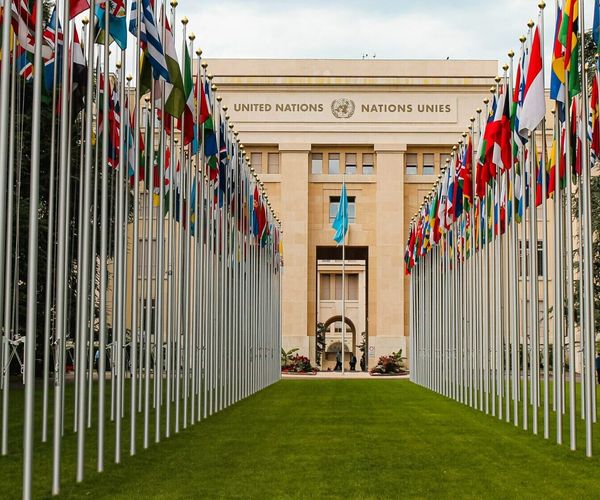OUR MISSION
Boston University’s Center on Emerging Infectious Diseases (CEID) is a university wide center focused on global health security and linking technical knowledge to policy issues related to emerging pathogens and epidemic threats. CEID’s core mission is to improve resilience against threat of emerging & epidemic infectious diseases worldwide through public health and policy research, global and local capacity strengthening, training, evidence generation for policy support, and community engagement.
Our work focuses on two overarching questions: How should public resources, public health and medical system responses, and public policies be shaped and focused between and during infectious diseases threats to decrease our vulnerabilities as a society? And what evidence do we have to support the decisions?
The center’s faculty represent 8 BU Schools and Colleges as well as external and international affiliates, bringing expertise from clinical infectious diseases, infection control, global and national policy, to communications, law, bioethics, epidemiology, and data sciences.
CEID’s work includes multidisciplinary research (funded in part by the National Institutes of Health and National Science Foundation as well as private foundations), technical assistance and training (including a Fogarty International Center funded training program in Liberia, and technical partnerships with national and international organizations), policy support to local and national elected representatives, and impactful public communications in media and through public facing events. The center is a member of the World Health Organization’s Global Outbreak Alert and Response Network (GOARN) and the National Special Pathogens Training and Education Center (NETEC), a US based network funded by Department of Health and Human Services.
OUR METHOD
We approach our work with GRIT
Just as the root causes that give rise to pandemics are multifactored, our efforts to combat them must be multidisciplinary. That’s why we’ve centered our work around four pillars: Governance, Resilience, Innovation, & Trust, which we refer to as “GRIT”:
Governance
We examine the impact of local, national, and international policies, and how these help and hinder global response to new infectious diseases threats. Simultaneously, we work to find novel ways to connect stakeholders with legislators in real time to provide scientific knowledge, policy recommendations and impact assessment for a variety of legislation.
Resilience
Our researchers center their work around what we can do to keep our communities safer and our healthcare systems more prepared. We believe resilience against novel infectious diseases requires engagement of a wide range of partners from both of these settings. Outbreaks fracture us along known fault lines. Hence, we believe achieving health equity is an essential requirement for global health security.
Innovation
We believe investment in new biomedical, technical and social innovations can significantly impact the discovery of emerging pathogens and enhance our response. We aim to examine the societal and policy impact of new research; study challenges of deploying new diagnostics, vaccines, and treatments; and identify best practices for evaluating efficacy of new interventions during public health emergencies. Our researchers also evaluate social innovation strategies in response to emerging and reemerging infectious diseases, and work to identify novel surveillance strategies.
Trust
Building trust between scientists, governments, public health organizations and affected communities is a cornerstone of responsible pandemic preparedness and response. Misinformation and disinformation sow confusion, lead to detrimental effects on individual health, and delay the end of public health emergencies. We examine the evolution of the role of misinformation and disinformation during infectious diseases emergencies, and their public health impact. Our research focuses on identifying evidenced- based strategies for dispelling misinformation and combatting disinformation. We’re examining the role of social media platforms and misinformation, addressing vaccine hesitancy and cyber information exchange networks, exploring the role of geopolitics in the use of disinformation, identifying best practices for communication of scientific uncertainty, and reimagining media and public health interactions during outbreaks.
Learn more about our current research and projects here
